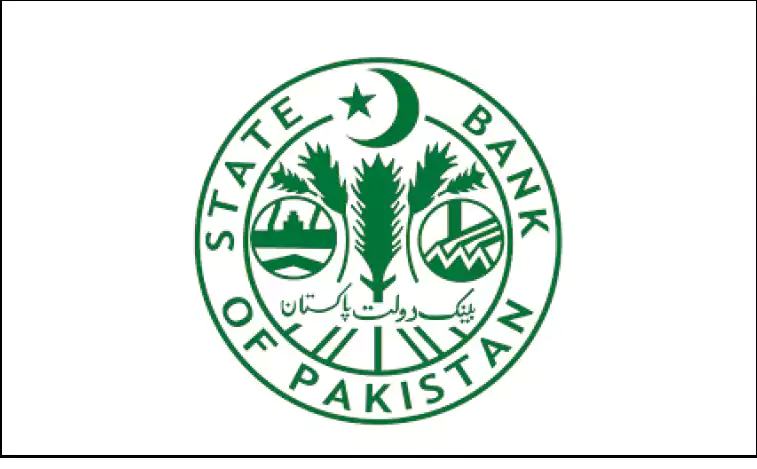The State Bank of Pakistan (SBP), on Friday, emphasized the role of fiscal policy and effective administration for price and financial stability, particularly rationalization of government spending, increasing revenue collection, strengthening food and energy supply chains, and enhancing productivity.
The central bank, in its Governor’s Annual Report (GAR) for the fiscal year 2022-23 issued here, also vowed to continue taking decisions to prevent high inflation from becoming entrenched and keep inflation expectations anchored to achieve the medium-term target of 5-7 % by the end of FY25, with FY24 inflation moderating to 20 – 22 per cent on account of the impact of contractionary monetary policy, improvements in domestic supplies, softer non-energy global commodity prices, and the high base effect.
However, the Report added that “this outlook hinges on the absence of adverse shocks stemming from geopolitical tensions and unforeseen climate events, and unfavourable movements in global commodity prices.”
The GAR 2022-23 is published Under Section 39 (1) of the State Bank of Pakistan Act, 1956 which requires the governor to submit to the Parliament an annual report regarding the Bank’s objectives, the conduct of monetary policy, the state of the economy and the financial system.
The GAR stated that fiscal year 2023 was extraordinarily challenging, with a host of external and domestic shocks, amplified by lingering structural weaknesses, contributing to persistently high inflation amid a contraction in economic activities.
The year witnessed the wide-ranging reverberating impact of the devastating monsoon floods, whereas elevated global commodity prices, less-than-envisioned fiscal consolidation, and the delay in the 9th review of IMF’s Extended Fund Facility (EFF) program added pressures on the external account, it added.
The report noted that the average headline National Consumer Price Index inflation surged to 29.2 percent in FY23 but it was in line with multi-decade high inflation in most advanced and emerging economies that maintained an aggressive monetary policy stance.
Elevated global commodity prices, pressure on external accounts and ensuing exchange rate depreciation contributed to inflationary pressures amid uncertainty over the completion of the 9th review of the IMF’s EFF program, inadequate external inflows and continued scheduled debt repayments, the GAR outlined.
This was in addition to the pass-through of costlier fuel and food prices; exchange rate depreciation; increases in energy prices and indirect taxes; high inflationary expectations and ensuing growth in wages.
The report also noted that political uncertainty weighed on business and consumer sentiments and thus on economic activity. Real GDP contracted by 0.2 per cent, and budgetary targets for the government’s fiscal and primary balances were missed by large margins amid less-than-planned tax revenues and lower-than-budgeted reduction in subsidies.—APP










